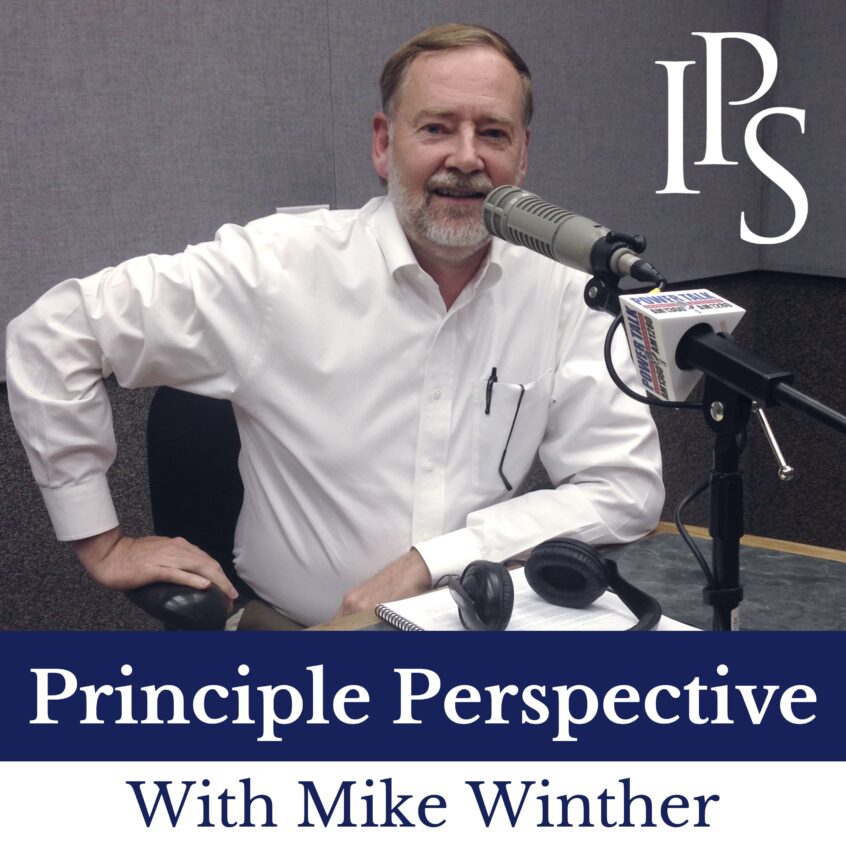LISTEN NOW
Mike Winther continues his series of lectures on the Biblical Principles of Government. Today, we dive into the sources of authority. God is identified as a source of authority, a truth we understand through scripture. The Bible is also proposed as the foundation for authority within family governance, as well as in civil and church contexts. If God is not considered the source of authority, then who or what would fill that role?
He discusses democracy and the principle of majority rule. Mike draws a distinction between large-scale (big) government and small-scale (small) government, indicating which source of authority each tends to favor. He also explores the differences between conservatives and liberals, and addresses the nuances of neo-conservatism within the contexts of Republican and Democratic ideologies. The aim is to transcend labels and maintain a focus on the issues. This series represents a thought-provoking journey through our political systems, beliefs, and historical contexts.
You’ll Learn:
- [00:41] God is a source of authority. We know that through scripture. The Bible should also be the source of family government authority.
- [02:00] Church and civil government also get its authority from God.
- [02:26] Biblically church, family, and state are three separate institutions.
- [03:12] In the Bible, kings receive wrath from doing the duty of God’s priest.
- [04:21] The debate is about the source of authority.
- [04:50] Some want to build a wall between civil authority and God.
- [05:59] If you favor small government, you’re probably happy with God being the source of authority. Big government wants the majority to be the source of authority.
- [07:58] For society to run well, we need good family government, good church government, and good civil government.
- [10:49] On the left, we have communists and socialists. On the right, we have dictators and Nazis.
- [11:47] Relativism gets us with the use of language.
- [16:33] A conservative is one who conserves. Liberals want change.
- [26:43] Neo conservatives will accept big government and not be shy about it.

